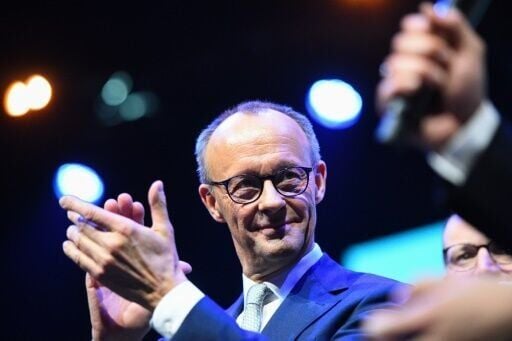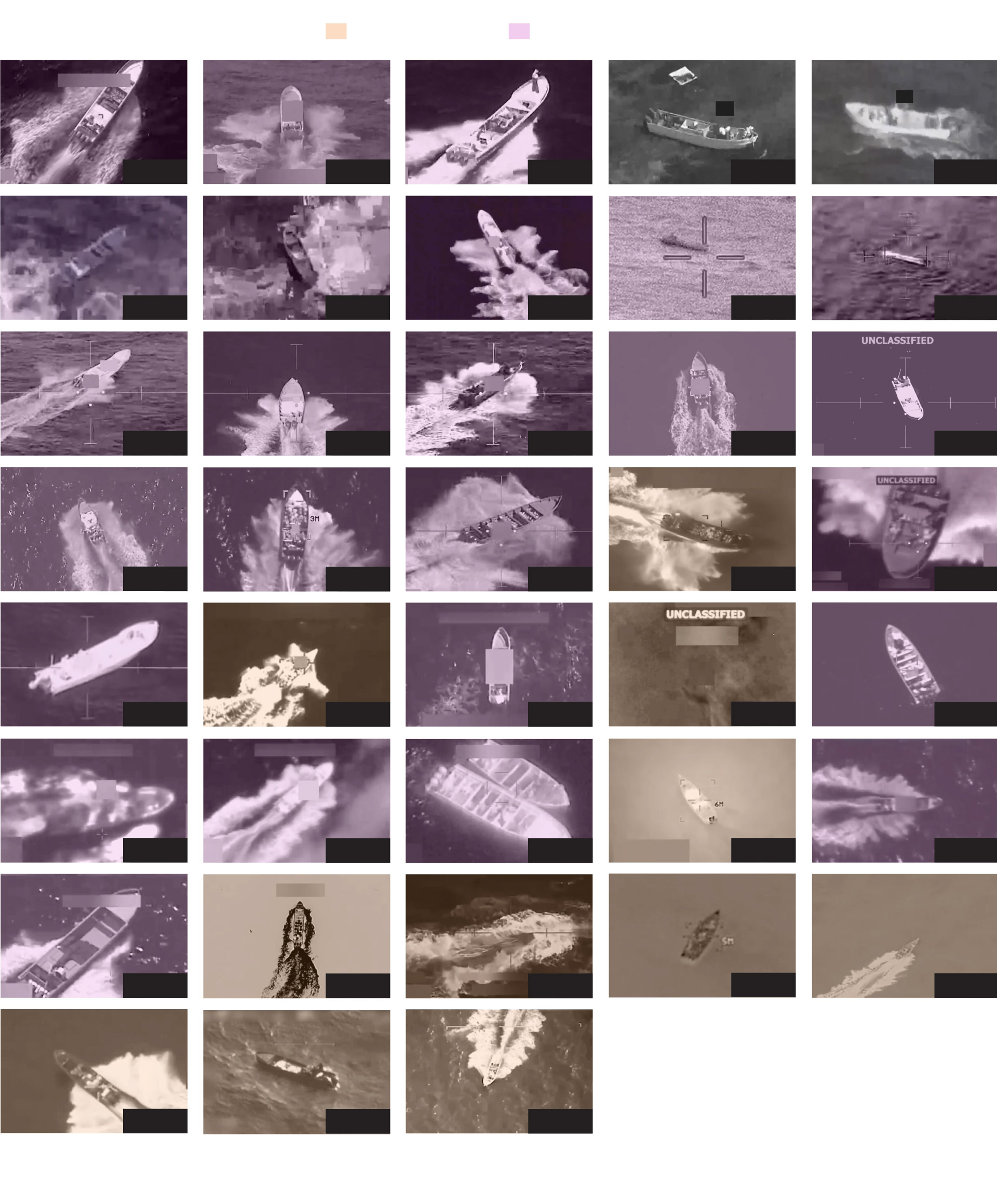German election: Voters turn out to decide next government
What you need to know
- Polls opened at 8 a.m. (0700 UTC) and are set to close at 6 p.m.
- The snap election is being held after the collapse of a three-way coalition led by Chancellor Olaf Scholz' center-left Social Democratic Party (SPD)
- The conservative Christian Democratic Union (CDU) and Bavarian sister party the Christian Social Union (CSU) have been leading opinion polls, with around 30% support
- CDU candidate Friedrich Merz is likely to become the next German chancellor
- The far-right Alternative for Germany (AFD) has been the second most popular party, with around 20% of support in surveys ahead of the vote
- However, no other party has expressed an interest in working with the AfD, with the party expected to be left out of government
- If Merz is victorious, he may choose to form a coalition with the SPD and/or the environmentalist Greens, among other options
Here are the latest developments on Germany's parliamentary election on Sunday, February 23, 2025, along with the essential background and explainers.
When will the first results be announced?
Polling stations are open from 8 a.m. to 6 p.m. (0700 UTC to 1700 UTC) and vote counting begins immediately after voting ends.
The general picture of the outcome should be clear very quickly thanks to exit polls, but the official result is expected early on Monday.
How easy it is to form a government may depend in part on how many parties are in the new parliament. Opinion polls show three or four smaller parties hovering around the 5% threshold to qualify for seats in parliament.
If they do make it to parliament, putting together a coalition can be a complicated task since there may be no majority for a two-party coalition.
Behind the ballot: How Germany's chancellor is chosen
CSU's Markus Söder votes in Nuremberg
Markus Söder, the premier of Bavaria, said he was "very confident" regarding the election outcome, due later this evening, while casting his ballot at a polling station in the southeastern city of Nuremberg.
"I hope that in the end we will get a government for our country so that real changes can be made and things don't just continue as before," Söder said.
Söder is the head of the Christian Social Union (CSU), which is the sister party of the conservative bloc (CDU/CSU) that is poised to come out on top this election.

CDU candidate Friedrich Merz casts his ballot in Arnsberg

Conservative frontrunner Friedrich Merz cast his vote Sunday in Arnsberg in western North Rhine-Westphalia, Germany’s most populous state, just minutes after his main rival Olaf Scholz.
"It will be good," Merz told reporters outside the polling station.
Merz, 69, became the leader of his Christian Democratic Union after longtime Chancellor Angela Merkel stepped down in 2021. In this election campaign, he has made curbing irregular migration a central issue.
Chancellor Olaf Scholz votes in Potsdam
Current Chancellor Olaf Scholz of the center-left Social Democrats (SPD) voted Sunday in Potsdam, Brandenburg, just outside Berlin.
The 66-year-old led a coalition with the Greens and Free Democrats from 2021, but his ruling alliance became notorious for infighting and ultimately collapsed last November after Scholz fired his finance minister following disagreements over economic reforms.
"Go and decide in the voting booth," he said in a video posted to social media moments before he cast his vote.

DW fact checks false election claims
The German election campaign saw countless false claims.
Many, including the German Interior Ministry, accused Russia of using targeted disinformation to interfere with the campaign.
Meanwhile, billionaire Elon Musk, who owns the social media platform X, openly supported the far-right AfD party in parts and spread false information about it.
And politicians and their parties were not always accurate with the truth either.
Here's a wrap up of DW's fact checks during the German election campaign.
Watch: Chancellor? President? Who is Germany's leader?
Did you know that the German chancellor is only the third highest political rank in the country? Which two are higher up? And what exactly is it that they do? DW explains the ranks:
Who are Germany's most senior politicians?
https://p.dw.com/p/4qqnu













No comments:
Post a Comment